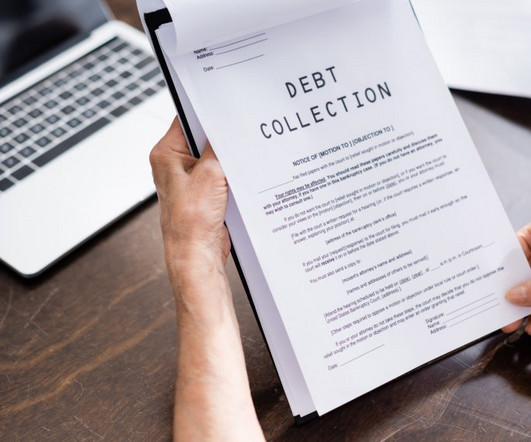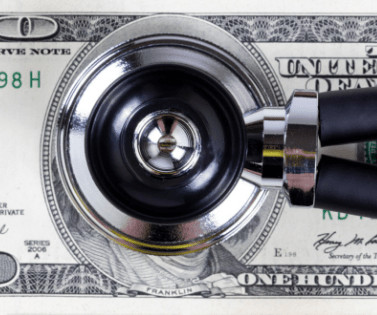Dealing with Debt Collectors
Debt Free Colorado
FEBRUARY 21, 2022
In this article we will answer the question: What can debt collectors do to you? Does Colorado Law Protect Me From Debt Collectors? When collecting a debt from you, collection agencies must adhere to federal and state rules. Fortunately, the federal Fair Debt Collection Practices Act (FDCPA) protects all states.


















Let's personalize your content